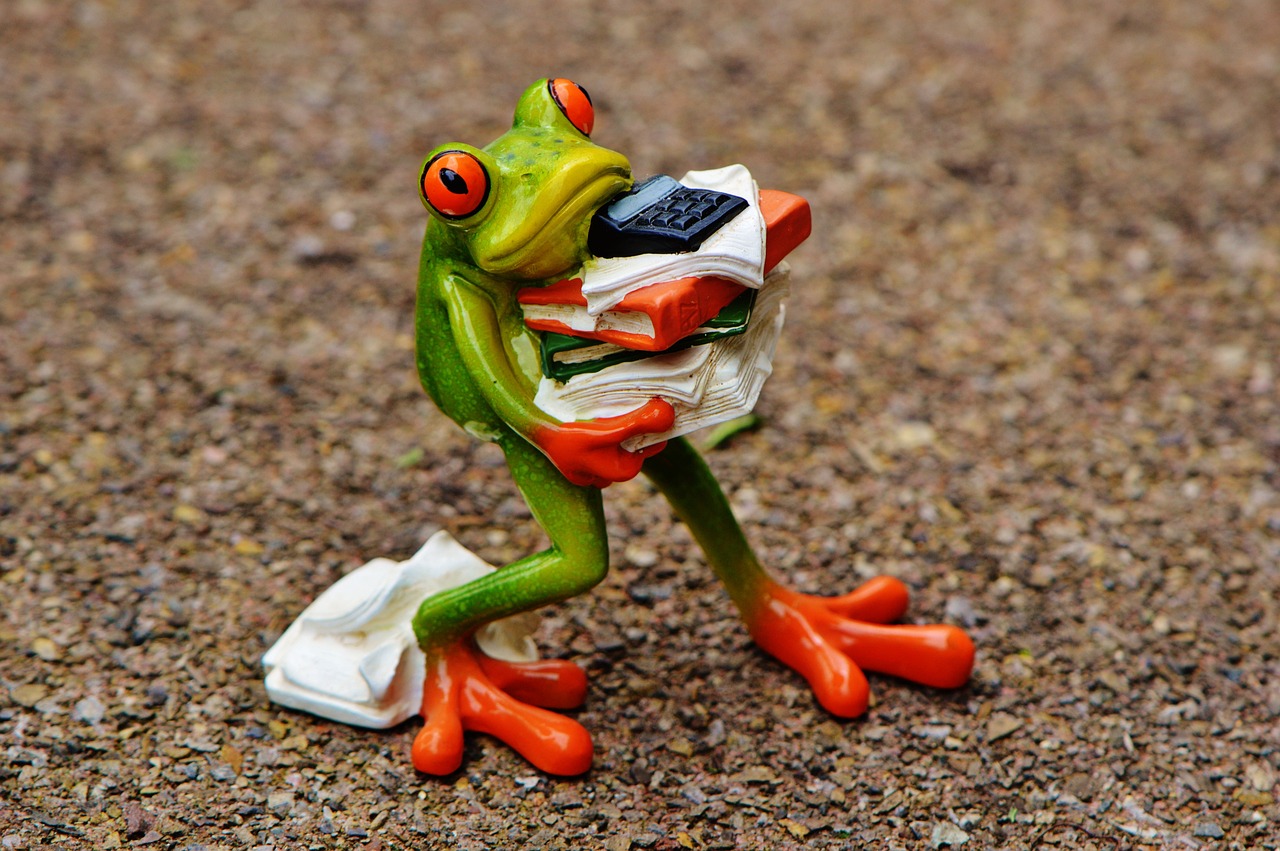Stress Relief - Part 3
Managing Anxiety - Part 3

Introduction
Anxiety is a common mental health issue that can have a significant impact on daily life. In this article, we will explore further strategies to help manage anxiety effectively.
Practice Mindfulness
Mindfulness involves focusing on the present moment and accepting it without judgment. By practicing mindfulness regularly, you can learn to better control your thoughts and reduce anxiety levels.
Engage in Physical Activity
Physical exercise has been shown to have a positive impact on mental health. Regular exercise can help reduce anxiety and improve overall well-being. Try to incorporate activities like walking, yoga, or dancing into your routine.
Limit Caffeine and Alcohol Intake
Caffeine and alcohol can exacerbate anxiety symptoms. Limiting your intake of these substances can help in managing anxiety more effectively. Opt for herbal teas or water as healthier alternatives.
Seek Professional Help
If your anxiety is significantly impacting your daily life, don't hesitate to seek help from a mental health professional. Therapy, counseling, or medication may be recommended to help you manage your anxiety more effectively.
Practice Relaxation Techniques
Engaging in relaxation techniques such as deep breathing, progressive muscle relaxation, or meditation can help calm your mind and body, reducing anxiety levels in the process.
Conclusion
Managing anxiety is a journey that requires patience and dedication. By incorporating mindfulness practices, physical activity, limiting caffeine and alcohol intake, seeking professional help when needed, and practicing relaxation techniques, you can effectively manage your anxiety and improve your overall well-being.
Remember, it's essential to find what works best for you and to be consistent in your efforts to manage anxiety successfully.
